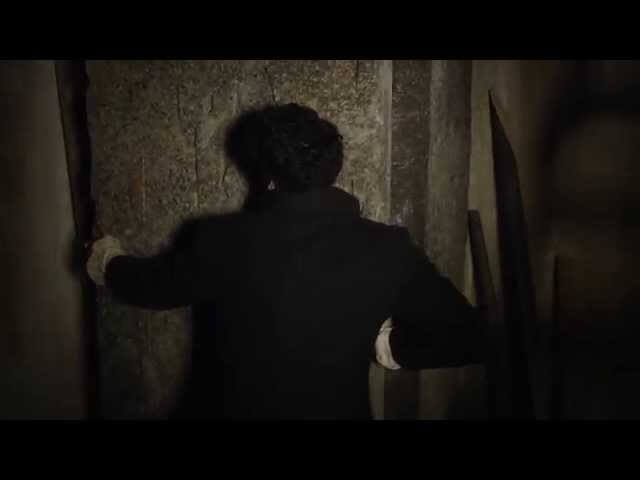How to make a good mockumentary: 7 lessons from modern film and TV

Christopher Guest doesn’t care much for “mockumentary.” “It’s a term I don’t like or use,” he once told New York magazine. “I think it’s a bit cheesy.” His misgivings about the shorthand aside, few have done more to advance the cause of the mock-doc, starring in and co-writing This Is Spinal Tap before undertaking a series of documentary-style films (Waiting For Guffman, Best In Show, A Mighty Wind, and the forthcoming Mascots) and the TV series Family Tree. The style, format, and off-the-cuff feel of those projects has informed entire chapters of modern screen comedy, influencing some of the best and biggest sitcoms in recent decades, and providing a vehicle for The Muppets’ return to the small screen. But not every example of the genre can be The Office; cherrypicking from the past five years of what Christopher Guest doesn’t want us to call “mockumentaries,” The A.V. Club compiled this checklist for faking a documentary the right way. (The list is restricted to comedic works, so you won’t find any examples from the similarly booming realm of found-footage horror.)